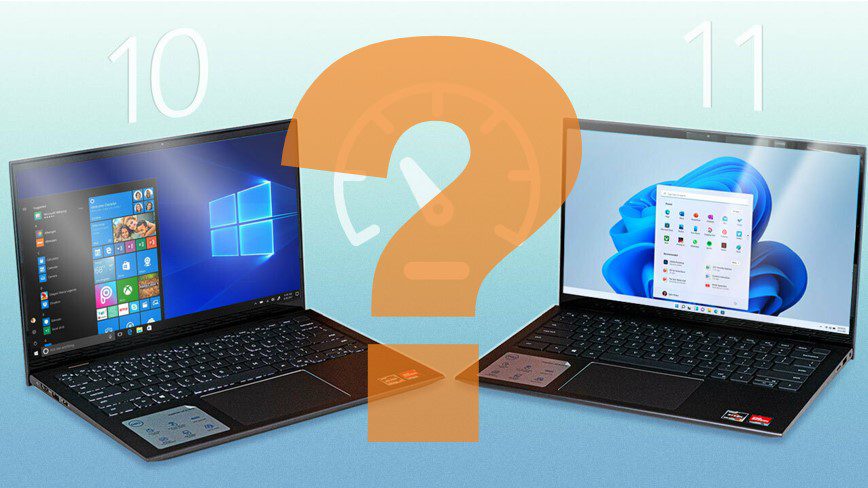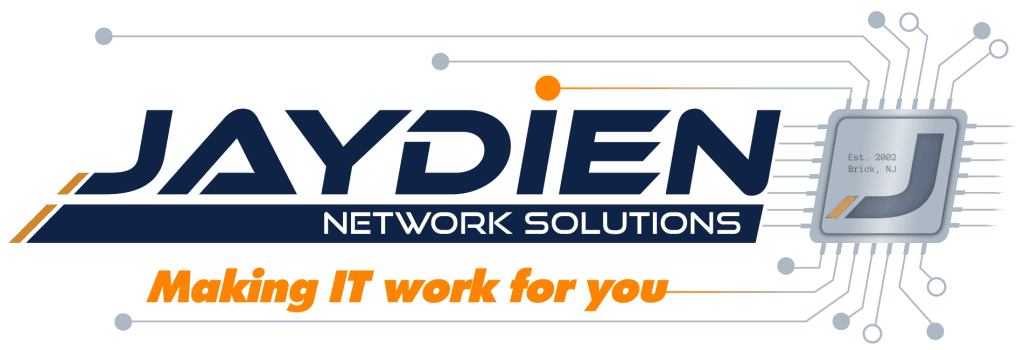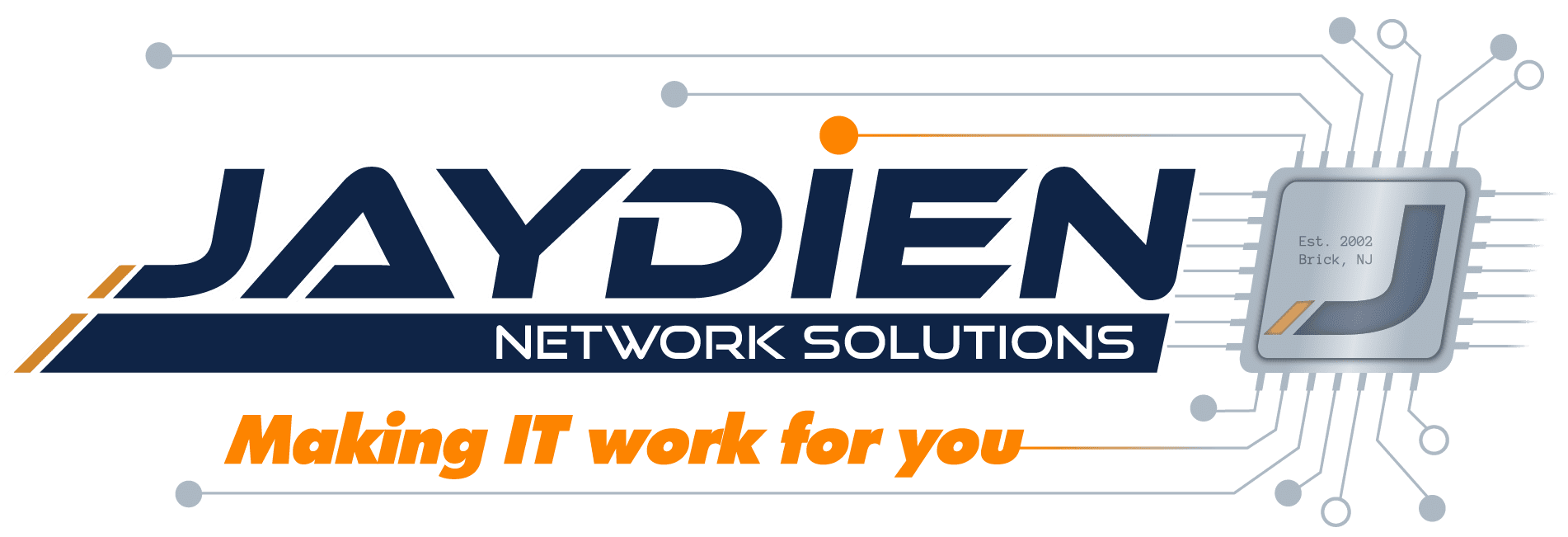Upgrading to Windows 11: Our Take On Microsoft's Latest OS |


Microsoft’s planned roll-out of their latest operating system is now in full swing. You’ve probably already seen a notification on the bottom right corner of your screen, or received a pop-up telling you that your computer is eligible for a free upgrade. Considering upgrading to windows 11?
Before making a decision, let’s review some of Windows 11’s added features, some previous features it has made obsolete, and some of the current issues already being reported.


Compared to previous iterations of Windows’ operating systems, Windows 11 may as well be bug-free. That isn’t to say that there aren’t any issues, because there are plenty, but this isn’t Windows 8.1 either.
Windows 11 Bugs
At the time of my writing this, Windows 10 has been out for just over 7 and a half years. Microsoft has committed to supporting it until October 14, 2025. At that time, Windows 10 will have been around for over a decade, and I can say this with complete certainty – it will still not be completely bug-free. No operating system ever will be. But for an operating system who’s roll-out began just 4 months ago, Windows 11 looks promising.
Reduced Processor Performance
The main issue reported so far has already been addressed. At the time of its release, Windows 11 could reduce the performance of AMD brand processors by as much as 15%! If your computer’s processor is in the Core i3, i5, i7, or i9 family, then it has an Intel chip, and you would have never even noticed. But a lot of people swear by AMD processors. Our Service Manager Michael DeMartino, for instance, just built his latest gaming rig using an AMD Ryzen series processor. They’re a favorite among gamers. But a 15% reduction in overall performance of arguably your machine’s most important hardware component is crippling. This is the kind of major issue early adopters end up dealing with.
Potential Memory Leaks
Yet another (and still ongoing) bug relates to memory leaks. For users who don’t turn their machines off at night, and especially those with smaller RAM kits, this could turn into a real issue. Due to an innovation in how Windows 11 allocates memory, extra RAM (Random Access Memory) can get utilized whenever you open up a new instance of File Explorer. The issue then is that that extra RAM is never released, even when closing File Explorer, and as a result, those extra resources are never available. This issue was also known to have happened to some users on Windows 10, but has yet to be resolved in Windows 11.
Decreased Driver Speed
Another major bug some early adopters experienced was the decrease in speed of their SSDs (Solid State Hard Drives), with some users even reporting the update had cut their hard drive’s read speeds in half! For their part, Microsoft claims to have already fixed this in their latest Windows 11 cumulative update, but a lot of users are still experiencing performance issues.
Windows Feedback Hub
We just covered a few, but there’s actually a great way for Windows users to track bugs themselves. Windows’ Feedback Hub is a universal app bundled with both Windows 10 & 11. It was designed to allow Windows users to provide feedback, suggest features, and report bugs to their operating system. To access it, type ‘Feedback Hub’ into your windows search bar, and it should show up. You’ll need a Microsoft account to participate, but it’s a handy way of staying up to date with known bugs and issues.


Now that we’ve talked about some of the issues, let’s look at what new features upgrading to Windows 11 will bring to the table, and what it’s getting rid of.
Windows 11 Features
The first and most noticeable change is that the task bar and start menu are now centered at the bottom of your screen. Those familiar with Mac and Chrome operating systems will find this easy to adapt to. However, traditionalists can still move the start menu back to the left, and extend the task bar across the bottom of their screen.
Start Bar
The Start Menu has also been simplified. You will now only be shown a static list of applications, followed by your most frequently used documents at the bottom. You can expand the list of apps and pin or unpin them as you like, but Windows 11 will not feature Live Tiles. So If you want a more configurable Start Menu that shows you more information at a glance, then Windows 10 is best for you.
Task Bar
The taskbar has also undergone significant changes. The search bar has been minimized into a search icon, and Cortana has been removed entirely. You can still get Cortana if you’d like (I’m not even sure why I’m including this here. No one liked Cortana), but you’ll need to download the app yourself, as it will no longer be included by default.
Virtual Desktops
Windows Timeline is also gone. Windows 11 replaces it with Microsoft Edge’s sync ability. The spot where Windows Timeline used to be now features Virtual Desktops.
If you want to pin your Taskbar to the right or the left of the screen, then we have bad news. You can no longer do that natively in Windows 11. The Taskbar can only be displayed at the bottom of your screen.
iPad Mode
Windows 10 has a more traditional tablet mode that switches your PC to full-screen when activated. Instead, when using tablet mode, Windows 11 behaves more like an iPad, making things easier to touch. Microsoft has also added gestures for opening and closing windows, switching between desktops, and new options in the Windows Ink Workspace. None of these are in Windows 10’s tablet mode, which most found hard to use.
App Store
Windows 11’s app store will bring support for Android apps via the Amazon Appstore. A feature Windows 10 will never adopt.


Goodbye to Internet Explorer
But one of, if not the most noticeable change Windows has implemented is the obsolescence of Internet Explorer. That’s right, your favorite browser to download Google Chrome from can finally retire in peace. But don’t worry, you’ll still be able to ignore Microsoft Edge as easily as you did Internet Explorer.
Upgrading to Windows 11 . . . Should You Do It?
In our honest opinion… No. Wait until they’ve rolled out a couple more updates. Windows 10 works very well, and there’s definitely more work for Microsoft to do. Jaydien Network Solutions can assist you with upgrades and all your IT issues. We offer complete IT services.
If you would like to learn more about Windows 11 or to speak to one of our reps, please call or email us today:
(732) 477-4005 | sales@jaydien.com



















































